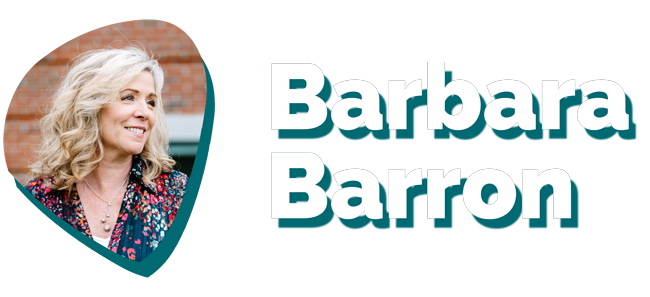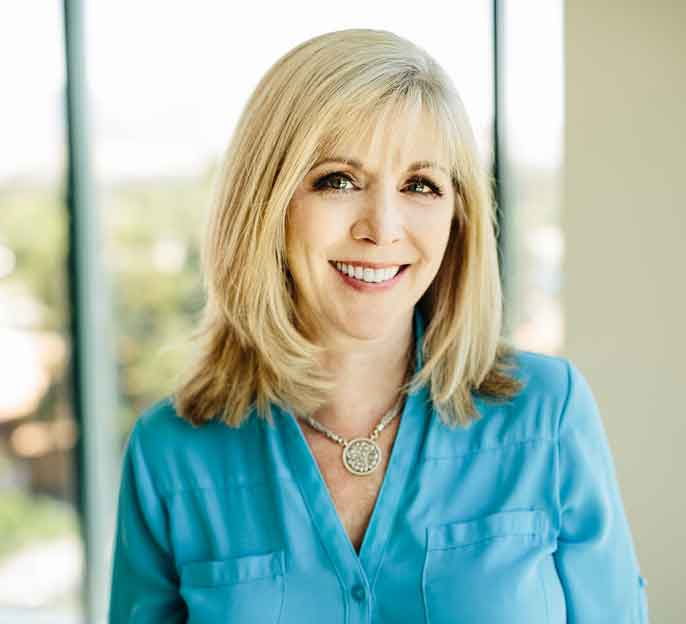by Barbara Barron | Posted March 4th, 2020
This week, due to the Coronavirus outbreak, my inbox is full of conversation threads about whether schools are thinking about canceling their spring galas. Or if travel to conferences and other major events ought to be rescheduled. Even when and if School Heads will decide to close the school and arrange to deliver lessons remotely.
Yours, too?
If this feels sudden, we may have been missing some of the signs along the way that would have helped us prepare a bit earlier. (What did we think “global economy” meant?) Regardless, moments like these cause us to stop and think about our “what ifs” and “contingency plans” like we haven’t really had to do before.
Prior to 1999, schools didn’t routinely conduct lockdowns and run shooter drills. Now, in 2020, we do.

So, while our schools’ leaders are wrestling with the critical questions of how to continue to educate our students and deliver the program, I am thinking, no surprise, of our donors. For most of us, these donors are also our current parents — so they’re in the thick of it with us.
For other schools, and certainly, in higher education, most of the key donors are alumni. They may be removed from the daily press of this moment back at their alma mater but are dealing with it nonetheless in their own lives, businesses, and communities. There’s a lot to think about beyond the virus circulating: the potential long-term impact on the economy, job security, everyone’s 401K…
So what is the role – if there is a role – for the advancement and development office in a moment like this?
Have you subscribed to the newsletter yet? It only takes a minute.
Some might question my question. If we look at our roles narrowly, meaning only the soliciting of gifts, well, sure. There’s little to no role. This is hardly a time to do a lot of asking right?
Or is it…? Supporting the school means, at the most basic level, securing its sustainable future. Making sure it exists and thrives for students today and tomorrow.
So I could make the argument that ongoing fundraising is still vital.
But for our discussion here, let’s take a view from 10,000 feet. If the role of advancement is the building and nurturing of relationships with people who care deeply about our mission; to be the connectors to families and individuals that kindle stronger, deeper loyalty, well, then the focus shifts. And the answer to my question changes.
It is often those of us in the front-line role of “fundraiser” who know our families well. Maybe best. If we are doing our jobs right, we are. We’ve taken the time to really get to know them as people, as families. We know what they care about at our schools and beyond. We are in touch regularly — and not just about the Annual Fund! We are having meaningful conversations about how our schools and their inspiring missions are integral to our families’ own values and lives. We know them. And they know it.
If this characterizes the nature of the relationships we share, then we are precisely the voice to be present when our schools are discussing communication messages and deciding on strategies that affect this important constituency. Our families.
However, if we’ve not taken the time to really get to know our supporters before an emergency hits, then we can’t truly be of service in moments like this one. It is virtually impossible to approach someone in a crisis if we only have a superficial relationship. There’s no real trust there. So we can’t engage with them or attempt to help them during a deeply personal moment. This is true of so many hard experiences: a serious illness, the death of a family member, a job loss, a natural disaster, the list goes on and on.

Think about the communities you feel most deeply a part of. Maybe it’s your neighborhood, church or synagogue, a social group, or place of work. Hopefully, it’s your family! When something bad happens to someone in that community, what do you naturally do? You reach out. You call. You show up at the door, maybe with a casserole, or a bottle of wine, or a hug. Whatever is called for.
The role of ally and commiserator is often one we as advancement professionals are particularly well suited for. But our sympathy and well wishes only ring as true if we’ve spent the energy intentionally creating a culture of connection and trust. Because – and this should go without saying, but I’ll just say it – our empathy only ever comes from a true, genuine place.
Examples of good and bad stewardship abound outside of our small school realm. Alaska Air and a few others are waiving change fees. That says, “We care and are trying to spare you any additional sting.” Candidates for public office are learning that they can’t show up in a community once or twice and expect to have any deep support. It’s only when they take the time to visit often, drink coffee at the local diner, and hear the concerns of business owners, teachers, and cops in the state that they get the opportunity to earn those votes.
Have you subscribed to the newsletter yet? It only takes a minute.
Same goes for us. We love to say that development is all about relationships. True. But we don’t really know how well we’ve actually cultivated our relationships until these moments of uncertainty and fear.
The time for the planning and budgeting of that kind of program was yesterday. But as my wonderful Benedictine client school says, “Always, we begin again.” A beautiful phrase to frame this approach.
Start today by thinking about who might need a check-in. Invite other administrators to a meeting to share intelligence about your families so you don’t miss someone who might be struggling. Share what you know with your colleagues so they can be sensitive and aware.
Be sure your stewardship plans are in place and operating in high gear. Have your donors heard from you lately about anything other than an ask or a pledge reminder? What about a report on something wonderful happening at school that their support has made possible?
What else can you do? Be visible and present at drop off, pick up, recess, and at school events, even the ones that are not yours. Show up at games. If you are the face someone knows best, if yours is the voice they’ve heard in good times and bad, you may be the very person to help at this moment. Beyond the affirmation you’ll feel as a contributor (important!), your school’s program will be strengthened because you are creating and fostering an advancement program with real stewardship at its heart.
What are you doing at your school to build community during moments of stress? Please share! And good luck in the coming days and months.
My name is Barbara Barron, and I’m writing this blog to share advice on a profession that I adore.
I’ve been working in the field of Independent School Advancement for nearly 20 years. In that time, I’ve had the pleasure of creating and implementing successful Strategic Fundraising Plans for so many incredible schools. I’ve had the privilege of seeing real growth at The Carey School, Marin Primary & Middle School, Woodside Priory, Crystal Springs, Presidio Knolls and others. (Maybe we’ve met!)
Nothing makes me happier than seeing a struggling school start to thrive. My hope is that you’re here to make a positive change as well. I hope my advice can be a part of that change.
Shoot me an e-mail if you want to swap tips, or share your voice here.
Let’s do this, together.



